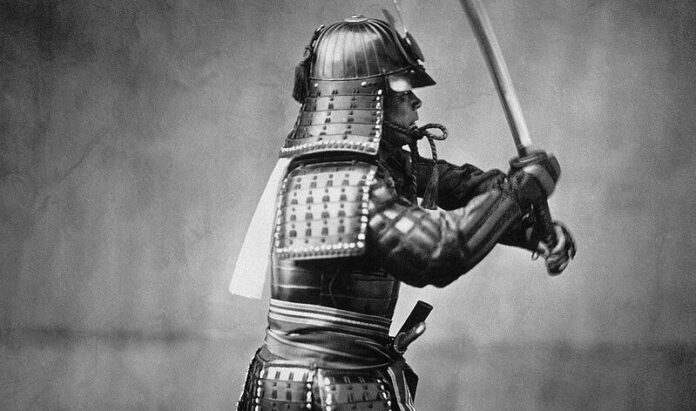Have you ever heard a story about samurais and thought, “There has to be more to them than just battle tales?” Well, you’d be right. These iconic Japanese warriors were not only masters of combat, but also adhered to a fascinating way of life governed by deep ethical principles. Let’s take a look.
Who Were the Samurais?
Samurais were the military nobility of medieval and early-modern Japan. Originally, they were provincial warriors or guards of the territories that were under the rule of a feudal lord. Over time, they evolved into one of the most well-recognized social castes in Japanese history. Samurais were known for their strict adherence to the bushido code.
What is Bushido?
Bushido, which literally means “the way of the warrior,” was the ethical code of the samurais. It was not written into a single document but rather evolved over time through the moral values and conduct of the samurais themselves. Key aspects of bushido include righteousness, polite courtesy, heroic courage, honor, and loyal duty.
Decline and Legacy
The samurai class underwent significant changes in the 19th century. The Meiji Restoration of 1868 led to the abolition of feudalism and the samurai class. Many samurais became leaders in government and business. And while the samurai as a social class no longer exists, their legacy lives on in modern Japanese culture.

